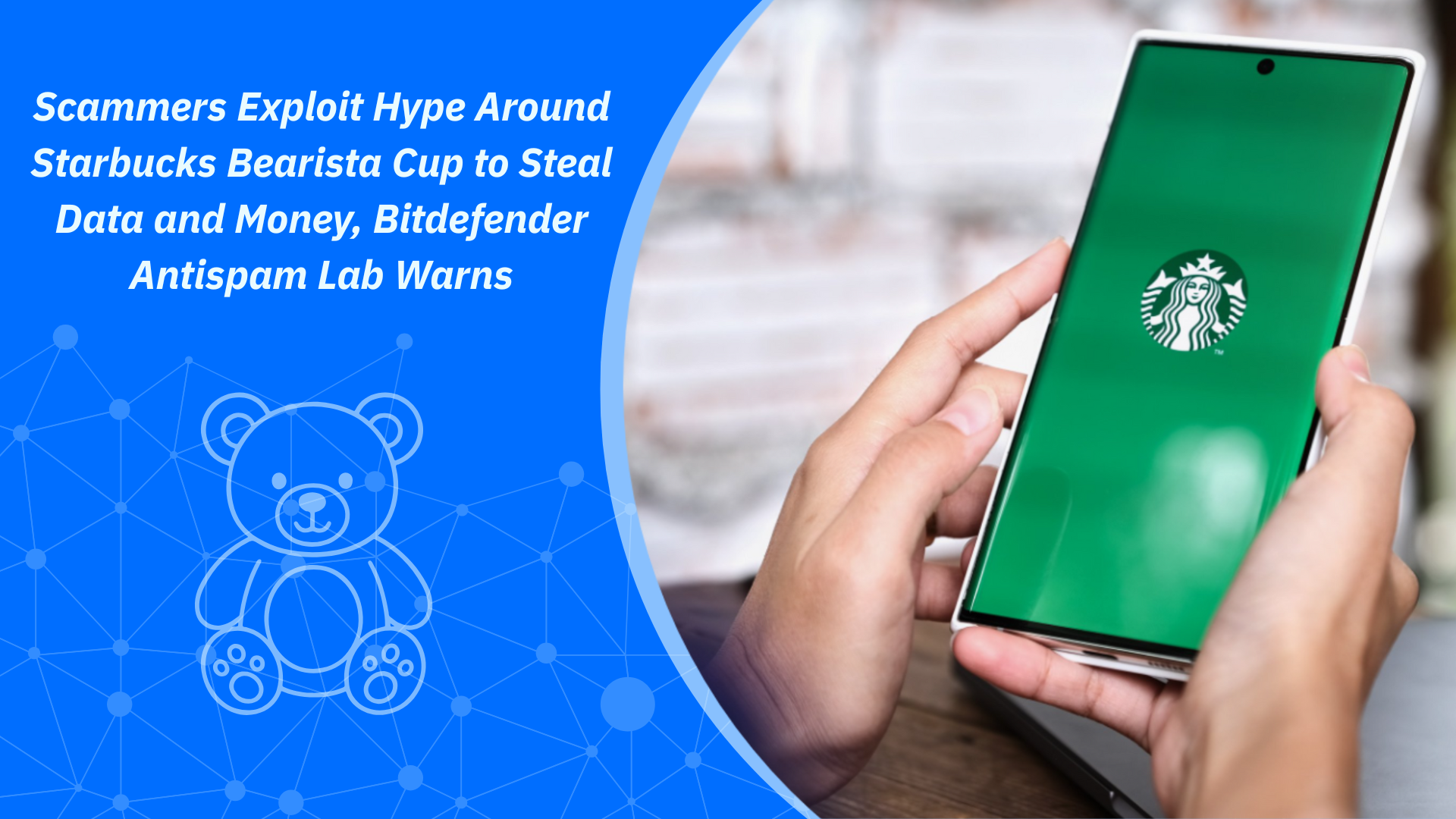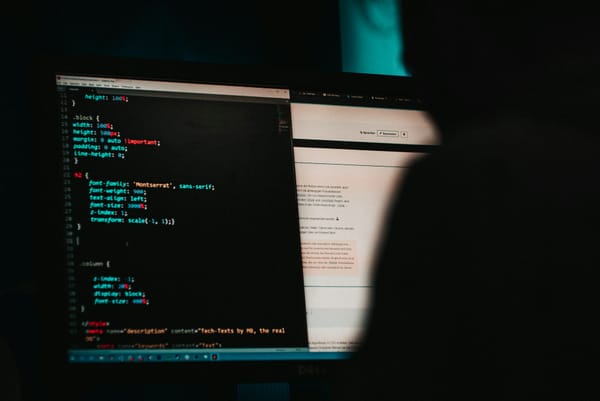Ransomware Attack Forces Texas Hospital to Turn Away Ambulances

A level one trauma unit in Lubbock, Texas has been forced to limit operations following a ransomware attack, even diverting emergency patients to hospitals hundreds of miles away.
The University Medical Center Health System (UMC) has the highest surgical level capabilities designation and is the only level one trauma hospital within a 400-mile radius.
Following a ransomware attack on its network last week, the hospital issued a statement warning that its operations have been disrupted.
Emergency patients diverted
“Out of an abundance of caution, we will continue to temporarily divert incoming emergency and non-emergency patients via ambulance to nearby health facilities until this issue is resolved,” the hospital said.
“We are making accommodations wherever possible to minimize any disruption to our patients and our critical services. Our investigation into this incident remains ongoing and will take time to complete.”
According to The HIPAA Journal, UMC said the attack “affected multiple systems,” including its phone system and patient portal.
According to UMC’s website, the hospital’s Emergency Department, Urgent Care, and Physician Clinics remained open as of Saturday evening.
A national security issue
A ransomware attack that cripples such a vital healthcare unit can end up threatening the lives of critical patients.
John Riggi, National Advisor for Cybersecurity and Risk at the American Hospital Association in Washington DC went as far as to call the attack on UMC “a national security issue.”
“When hospitals are attacked, lives are threatened,” Riggi told KCBD News Channel. “When you have the only level 1 trauma center in the region shut down by foreign bad guys, ambulances on diversion, the next level 1 trauma center I understand is hundreds of miles away, you are putting people’s lives in jeopardy,” Riggi said.
While the attackers remain anonymous at this point, Riggi said such attacks are primarily perpetrated by Russian organized crime gangs who benefit from “safe harbor by the Russian government to conduct these attacks against the United States.”
It remains to be seen if this is indeed the case, or whether it’s merely an attack conducted by financially-motivated hackers.
Watch out for potential leaks of your data
Ransomware actors not only cripple critical computer systems with data-crippling malware, they also typically copy the victim’s sensitive files for double-extortion – the victim may decline to pay for unlocking downed systems, but it may ultimately pay to keep the stolen data from leaking out.
Ransomware is therefore a primary source of data dumps that fraudsters buy off the underground web to use in social engineering campaigns, fraud, and everyday scams.
If you’re a UMC client, past or existing, keep watch for unsolicited or suspicious communications involving your personal or medical data.
Consider using Scamio if you're suspicious of a certain phone call, email or SMS. Scamio is a fast and efficient way to find out if you’re being conned. Simply describe the situation to our clever chatbot and let it guide you to safety. You can share with Scamio the exact thing you want to check: a screenshot, PDF, QR code or link. Scamio lets you know in seconds if it’s a scam. Use it anywhere via web browser, Facebook Messenger, or WhatsApp. Scamio is localized for use in the US, France, Germany, Spain, Italy, Romania, Australia and the UK.
Anyone affected by a data breach should consider a data monitoring service. Bitdefender Digital Identity Protection lets you find out if your data has leaked online, what type of information was compromised, what risks you face, and whether your information is for sale to fraudsters on the dark web.
tags
Author
Filip has 17 years of experience in technology journalism. In recent years, he has focused on cybersecurity in his role as a Security Analyst at Bitdefender.
View all postsRight now Top posts
Cybercriminals Use Fake Leonardo DiCaprio Film Torrent to Spread Agent Tesla Malware
December 11, 2025
Genshin Impact Scam Alert: The Most Common Tricks Used Against Players
December 05, 2025
How Kids Get Automatically Added Into WhatsApp Groups with Horrific Imagery Without Consent
November 24, 2025
Scammers Exploit Hype Around Starbucks Bearista Cup to Steal Data and Money, Bitdefender Antispam Lab Warns
November 18, 2025
FOLLOW US ON SOCIAL MEDIA
You might also like
Bookmarks








![Google Chrome Zero-Day Alert: Patch Now to Block Active Exploit [Dec 11, 2025] Google Chrome Zero-Day Alert: Patch Now to Block Active Exploit [Dec 11, 2025]](https://blogapp.bitdefender.com/hotforsecurity/content/images/size/w600/2025/12/rubaitul-azad-kfuSP6TgnbQ-unsplash.jpg)